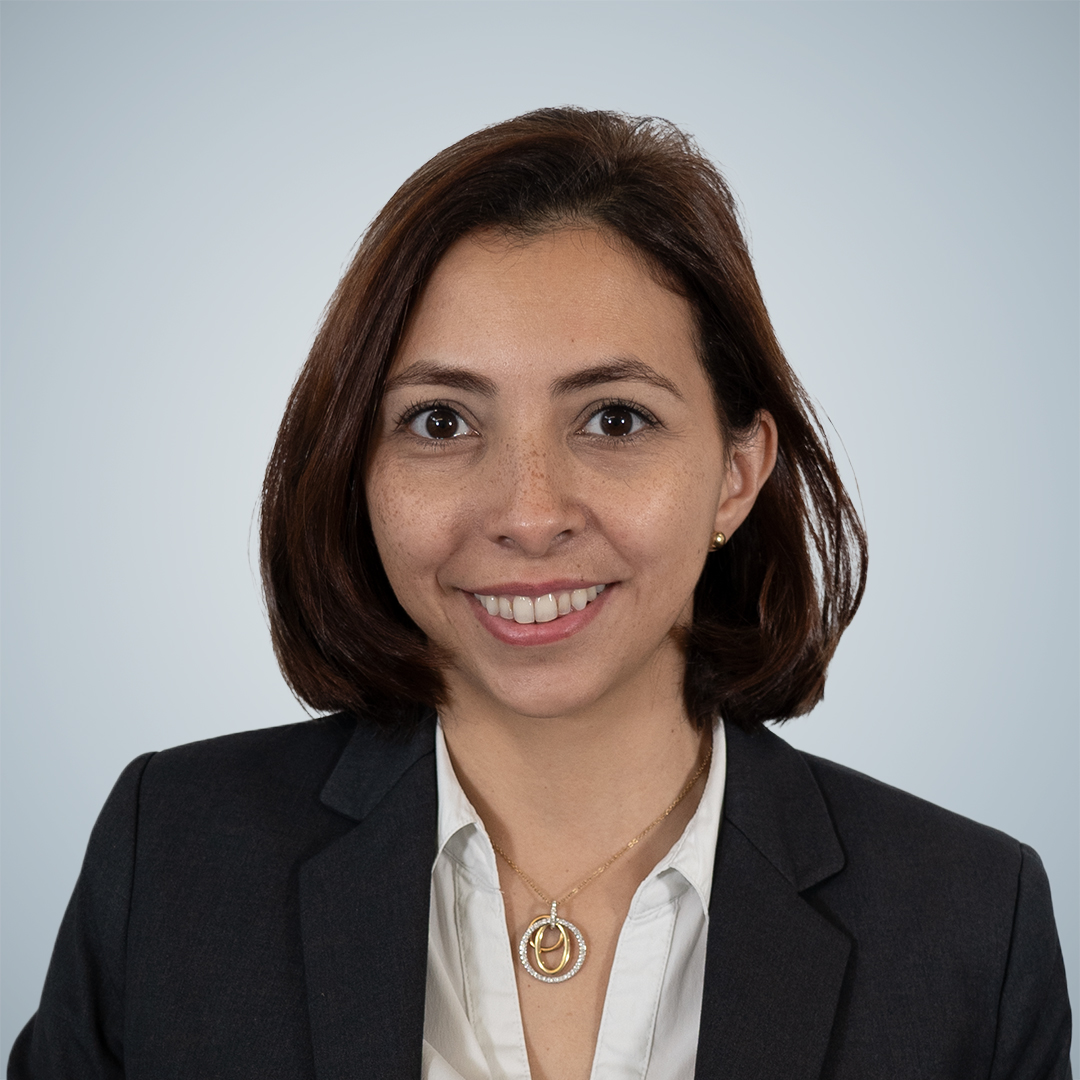- Mareike Deggelmann
- 26.01.26
- 3 min
- Funding advice, Agrifood, Bioeconomy
Your contact person
Mary Osorio
The integration of AI into the steel industry is an important step towards sustainability. The European project AID4GREENEST aims to develop new AI-based characterisation and modelling tools for advanced and more sustainable "green" steel production. Artificial intelligence complements and enhances human capabilities, creating a new work paradigm, and also machine learning algorithms are helping businesses of all kinds make decisions and predict trends. Some of these benefits are being used in the project.
Let's first consider the importance of steel as a material. The steel industry is indispensable in today's world. With increasing urbanisation and economic growth, the demand for steel for the construction of infrastructure, buildings, machinery and equipment, as well as roads, bridges, factories and vehicles is on the rise. One factor influencing the increasing demand for steel in this regard is the trend towards renewable energies such as wind and solar power, which require steel structures to support turbines and solar panels.
The European project AID4GREENEST aims to develop new AI-based characterisation and modelling tools for advanced and more sustainable "green" steel production. Artificial intelligence will be used to enable model-based innovation processes from material design to product development. AID4GREENEST runs for three years (1 September 2023 to 31 August 2026) with a budget of around five million euros.
This international research initiative involving ten partners from four European countries: Besides EurA AG, the international team behind AID4GREENEST also includes IMDEA Materials Institute (Spain), Spanish steel manufacturer Reinosa Forgings and Castings (Spain), the Spanish Association for Standardisation (UNE) (Spain), the Fraunhofer Institute for Mechanics of Materials IWM (Germany), Oulu University (Finland), Ghent University (Belgium), the University of Liège (Belgium), ePotentia (Belgium), and OCAS NV (Belgium).
EurA AG contributes to this project by preparing a life cycle assessment (LCA) according to DIN EN ISO 14040:2006 and DIN EN ISO 14044:2006. LCA is a tool that helps quantify the environmental footprint of products/processes throughout their life cycle - from raw material extraction and production to transport, use and disposal. As part of the project, EurA will quantify the environmental impact of the turbine shafts developed by the project partners as a business case and compare them with standard production processes. At the end, a roadmap for sustainable steel production will also be proposed with all recommendations and optimisation potentials investigated in the project.
Read more about our services on the sustainability consulting page.
Text: Mary Osorio

Your contact person
Mary Osorio
EurA AG
T- 079619256-0Max-Eyth-Straße 2
73479 Ellwangen
info@eura-ag.com